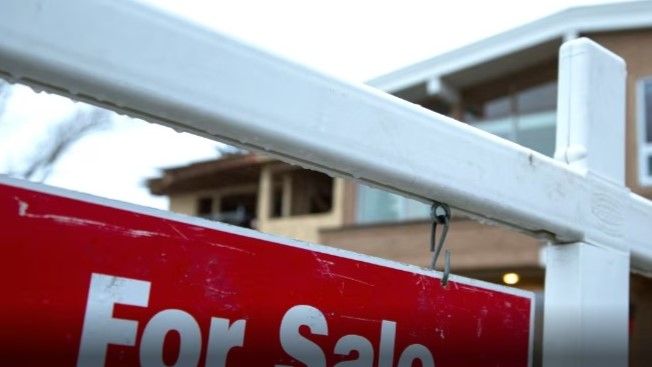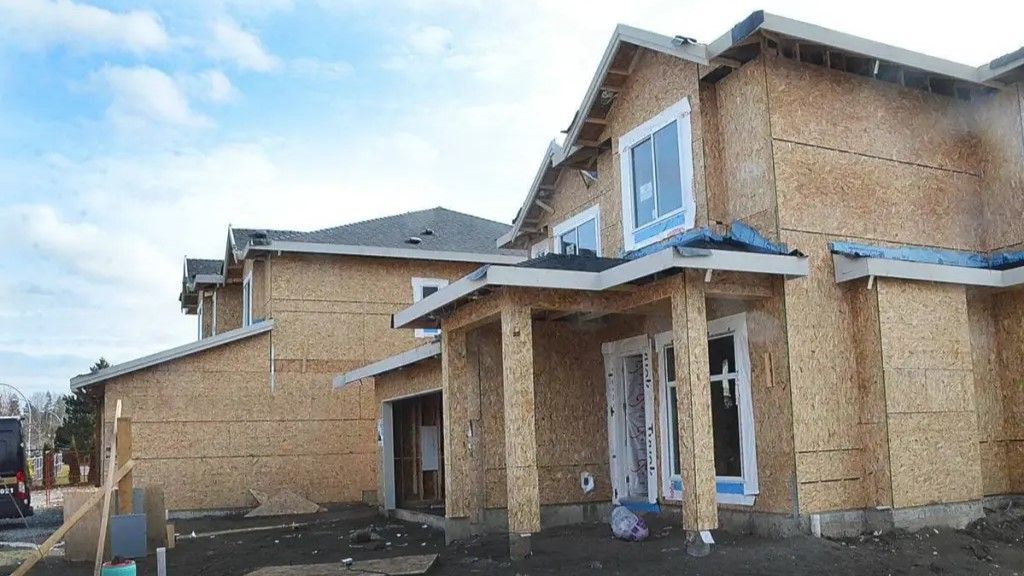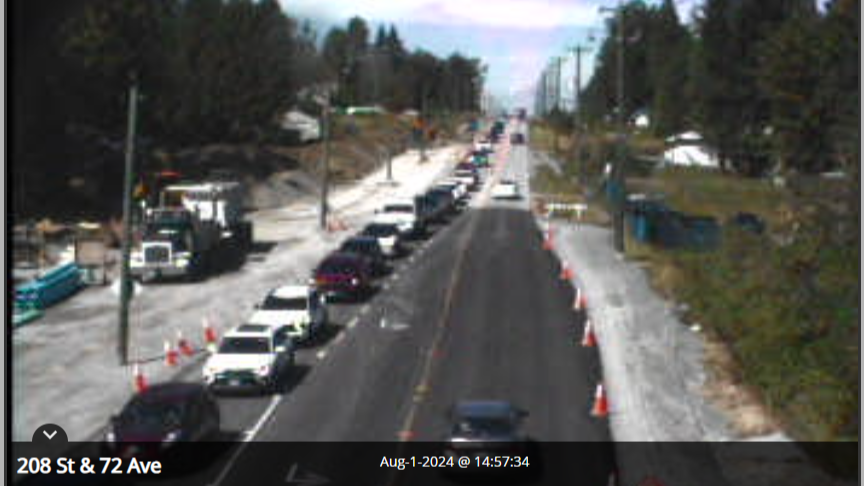B.C. announces tax on homes sold 2 years or less after purchase

Tax rate will be 20% for properties sold within a year of purchase, sliding to zero over following year.
The B.C. government has announced plans to introduce a tax of up to 20 per cent on profits made when properties are sold within two years of their purchase.
The 20 per cent rate will be in place for a year after purchase and will slide to zero between 366 and 730 days after the acquisition.
B.C. Finance Minister Katrine Conroy announced the tax as one of the province's latest tools to try to curb speculation over housing in a province where many struggle to afford appropriate shelter.
"Prices went up as governments stepped back and speculators moved in," said Conroy during her speech presenting her latest budget in the legislature.
"That's why we're bringing in a home-flipping tax as our latest measure to crack down on bad actors."
The tax is one of 20 pieces of legislation the government plans to introduce this session, meaning it will need to be passed at some point over the next three months before becoming law.
The plan is to implement it for properties sold on or after Jan. 1, 2025. It will also apply to properties purchased before then.
Conroy's 2024-25 budget forecasts that the tax, once in place, would result in an additional $43 million in revenue in the 2025-26 fiscal year.
That revenue will go directly to building affordable housing throughout the province, she said.
Sellers would be taxed around 10 per cent after owning a home for a year and a half, with the tax lifted after ownership for two years.
The tax will apply to income from the sale of properties with a housing unit and properties zoned for residential use. It also applies to income made from condo assignments.
It does not apply to land or portions of land used for non-residential purposes, according to the government's budget documents.
Other exemptions under the tax include life circumstances such as separation, divorce, death, disability or illness, relocation for work, involuntary job loss, change in household membership, personal safety or insolvency.
"The purpose of this tax is to support housing supply, not impede it," reads the government's budget documents.
"Exemptions will be provided for those who add to the housing supply or engage in construction and real estate development."
The tax is to be paid in addition to any federal or other provincial income taxes incurred from the sale of property.
Alex Hemingway, a senior economist with the Canadian Centre for Policy Alternatives, said although the tax is another tool to try and address speculation, he's not sure how successful it will be.
"I think a flipping tax can take a little bit of air out of the tires in terms of speculation, but it's not really getting at the root of the housing crisis, which is a shortage of housing overall and a shortage of non-market housing in particular."
He also said the tax could inadvertently drive down home sales and transactions, siphoning tax revenue away from property transfers.
First-time homebuyer credit
The budget also introduced expanded property transfer tax exemptions, increasing the First Time Homebuyers Program threshold up to $500,000 on the purchase of a home worth up to $835,000.
The province said the move would result in savings of up to $8,000 per purchase and would double the number of buyers that will benefit to approximately 14,500.
The province will also waive the property transfer tax for eligible purpose-built rental buildings that have four or more units until 2030.







